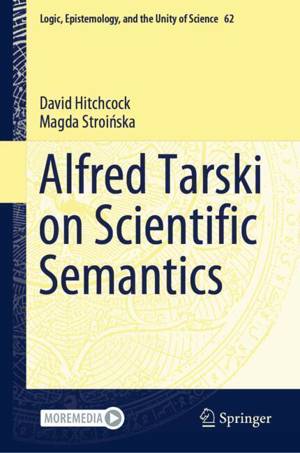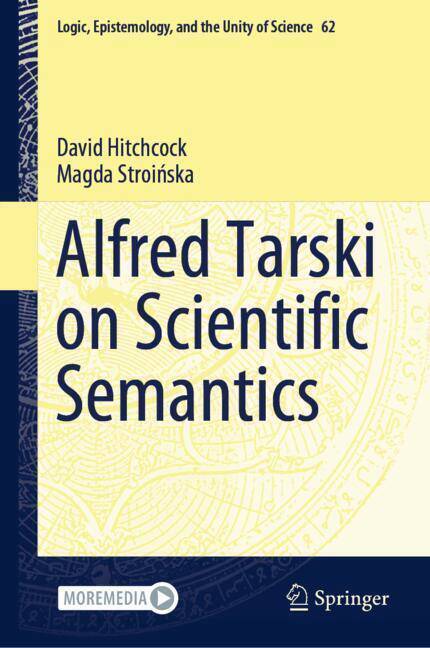
- Afhalen na 1 uur in een winkel met voorraad
- Gratis thuislevering in België vanaf € 30
- Ruim aanbod met 7 miljoen producten
- Afhalen na 1 uur in een winkel met voorraad
- Gratis thuislevering in België vanaf € 30
- Ruim aanbod met 7 miljoen producten
Omschrijving
This book tells the story of the landmark event in modern logic whereby Alfred Tarski became "the man who defined truth". Alfred Tarski's classic monograph on truth became known internationally in 1935, when he presented its ideas in German at an international conference and collaborated in preparation of its German translation.
This book provides the first English translation of the Polish version of Tarski's conference paper, which for purposes of comparison is printed side-by-side with a new exact English translation of the German version. It offers for the first time a comprehensive and detailed analysis of the paper, and for the first time a description and analysis of the discussion of the paper immediately after its presentation. It discusses 22 substantive differences between the two versions.
The book also extracts from recently discovered correspondence about the German translation of the truth monograph how it was decided to produce such a translation, the process of vetting and changing the translation, changes requested by Tarski, objections to the appeal to intuition in the Polish original (supported by a list of those appeals with their replacements in the German and English translations), other translational issues, discrepancies other than those concerning appeals to intuition between the Polish original and its German translation, the "Keystone cops" saga of Tarski's off-prints, and monetary matters. It lists from Tarski's journal his skiing, mountaineering and tourist trips in 1935, and describes his companions on those trips. An electronic supplement translates or summarizes the complete correspondence, with comments, and includes images from Tarski's journal of his itineraries of his 1935 trips, with the editors' explanatory comments.
Specificaties
Betrokkenen
- Auteur(s):
- Uitgeverij:
Inhoud
- Aantal bladzijden:
- 278
- Taal:
- Engels
- Reeks:
- Reeksnummer:
- nr. 62
Eigenschappen
- Productcode (EAN):
- 9783031594571
- Verschijningsdatum:
- 12/01/2025
- Uitvoering:
- Hardcover
- Formaat:
- Genaaid
- Afmetingen:
- 164 mm x 241 mm
- Gewicht:
- 562 g

Alleen bij Standaard Boekhandel
Beoordelingen
We publiceren alleen reviews die voldoen aan de voorwaarden voor reviews. Bekijk onze voorwaarden voor reviews.











